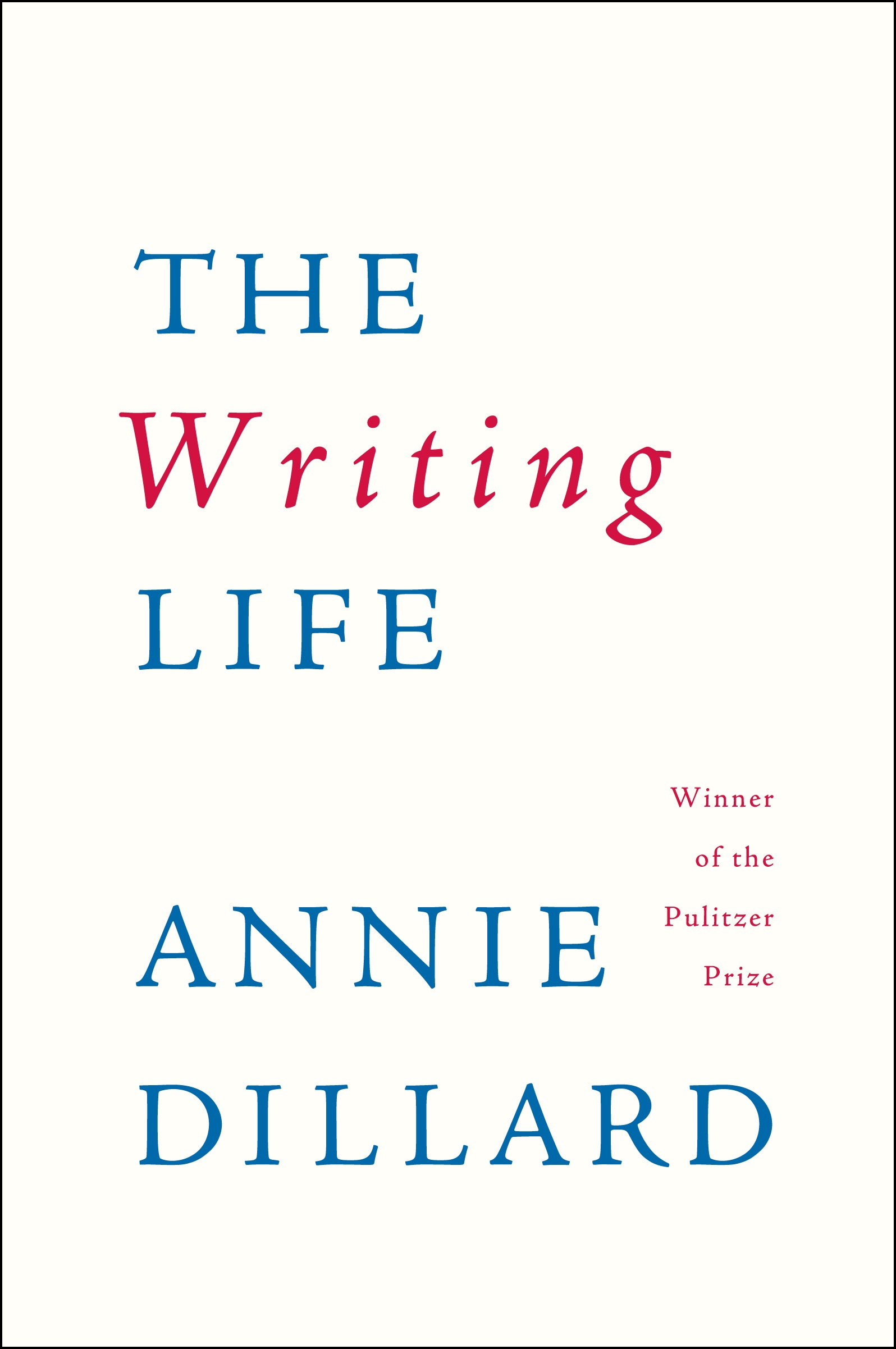
The Writing Life

Admire the world for never ending on you—as you would admire an opponent, without taking your eyes from him, or walking away.
Annie Dillard • The Writing Life
Rahm’s plane shed a ribbon in space, a ribbon whose end unraveled in memory while its beginning unfurled as surprise. He may have acknowledged that what he did could be called art, but it would have been, I think, only in the common misusage, which holds art to be the last extreme of skill. Rahm rode the point of the line to the possible; he
... See moreAnnie Dillard • The Writing Life
All virtue is a form of acting,” Yeats said. Rahm deliberately turned himself into a figure. Sitting invisible at the controls of a distant airplane, he became the agent and the instrument of art and invention. He did not tell me how he felt, when we spoke of his performance flying; he told me instead that he paid attention to how his plane and its
... See moreAnnie Dillard • The Writing Life
Who will teach me to write? a reader wanted to know.
The page, the page, that eternal blankness, the blankness of eternity which you cover slowly, affirming time’s scrawl as a right and your daring as necessity; the page, which you cover woodenly, ruining it, but asserting your freedom and power to act, acknowledging that you ruin everything you
Annie Dillard • The Writing Life
One of the few things I know about writing is this: spend it all, shoot it, play it, lose it, all, right away, every time. Do not hoard what seems good for a later place in the book, or for another book; give it, give it all, give it now. The impulse to save something good for a better place later is the signal to spend it now. Something more will
... See moreAnnie Dillard • The Writing Life
Faulkner wrote As I Lay Dying in six weeks; he claimed he knocked it off in his spare time from a twelve-hour-a-day job performing manual labor. There are other examples from other continents and centuries, just as albinos, assassins, saints, big people, and little people show up from time to time in large populations. Out of a human population on
... See moreAnnie Dillard • The Writing Life
The writing has changed, in your hands, and in a twinkling, from an expression of your notions to an epistemological tool. The new place interests you because it is not clear. You attend. In your humility, you lay down the words carefully, watching all the angles. Now the earlier writing looks soft and careless. Process is nothing; erase your
... See moreAnnie Dillard • The Writing Life
Every morning you climb several flights of stairs, enter your study, open the French doors, and slide your desk and chair out into the middle of the air. The desk and chair float thirty feet from the ground, between the crowns of maple trees. The furniture is in place; you go back for your thermos of coffee. Then, wincing, you step out again
... See moreAnnie Dillard • The Writing Life
The reason to perfect a piece of prose as it progresses—to secure each sentence before building on it—is that original writing fashions a form. It unrolls out into nothingness. It grows cell to cell, bole to bough to twig to leaf; any careful word may suggest a route, may begin a strand of metaphor or event out of which much, or all, will develop.
... See more